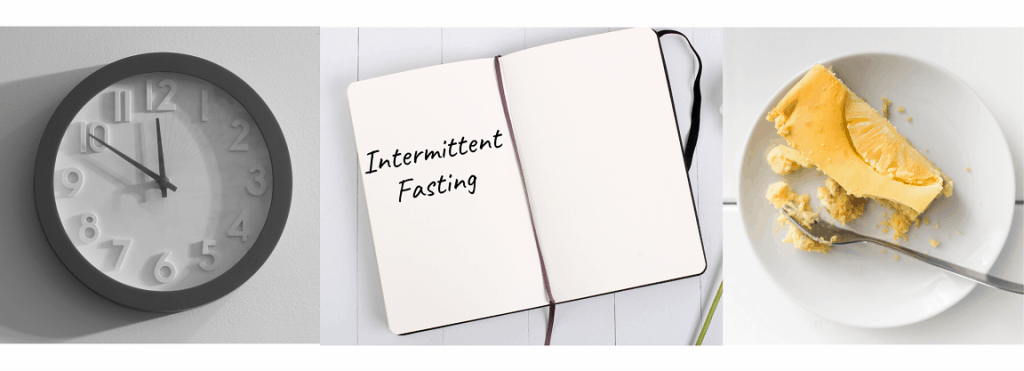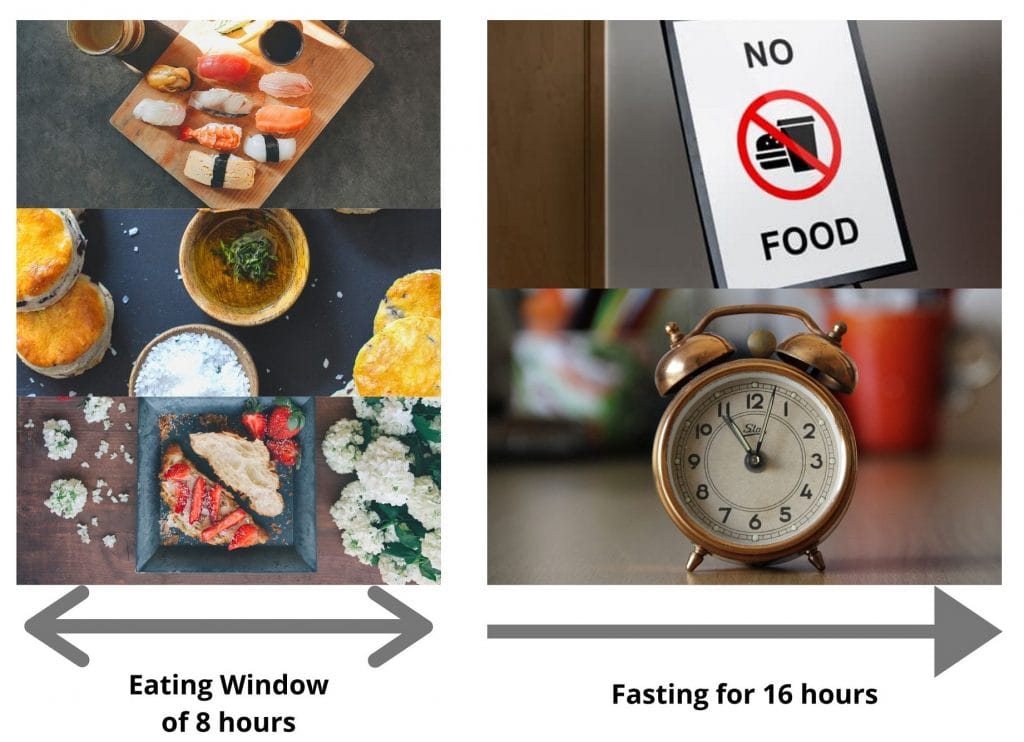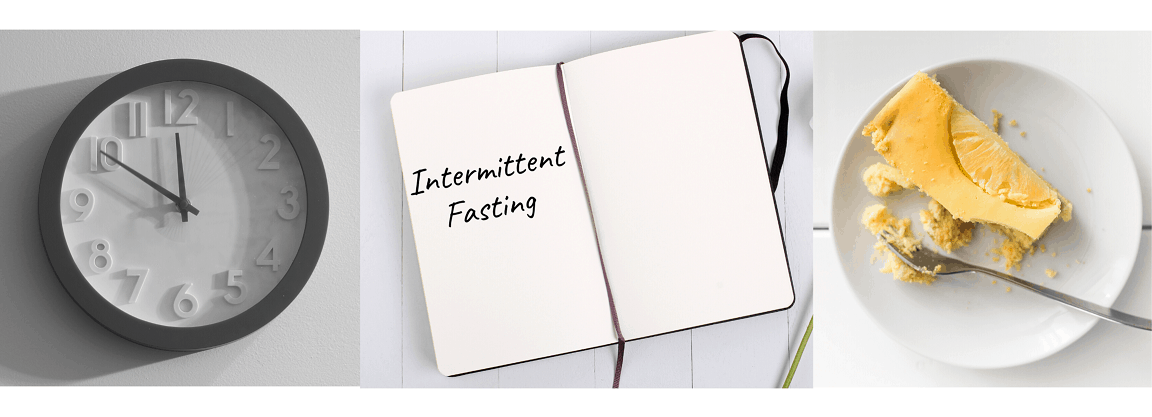What is Intermittent Fasting
Intermittent fasting is not a diet. It is a timed approach to eating. Unlike a dietary plan that restricts where calories come from, intermittent fasting does not specify what foods a person should eat or avoid.

Intermittent fasting may have some health benefits, including weight loss but is not suitable for everyone. Intermittent fasting involves cycling between periods of eating and fasting. At first, people may find it difficult to eat during a short window of time each day or alternate between days of eating and not eating. www.medicalnewstoday.com
Researchers used intermittent fasting as a method to reduce the symptoms of type 2 diabetes in a new observational study conducted in Canada and published in the journal BMJ Case Reports.
Types of Intermittent Fasting
The 16:8 Method
This is the most common type of fasting method, which involves fasting for 16 hours and reducing the eating window to just 8 hours.
For example, a person can have dinner at approximately 7 p.m., skip breakfast the day after, and eat lunch at around 11 a.m., during day green tea, water, apple cider vinegar.

After 16 hours of fasting, the stored fat in the body starts mobilizing and we drive energy from ketones rather than glucose. Energy derived from ketones keeps the brain very active. When fats get mobilized, there is slowly revival of insulin resistance in the body cell, and the insulin barrier created in the beta cells of the pancreases. If intermittent fasting is in continuation, we can overcome the problems of fatty liver and fatty pancreas.
After keeping 16 hours of fast there will be 8 hours feeding window, this can be narrow down to 6 hours or 4 hours. You should not jump immediately 16-20 hour fast. First, you should practice 12 hours fast, then over a period of 1-2 weeks, you can extend the duration of fasting. It is not necessary to keep intermittent fasting every day. If you have a problem you can keep fast on alternate days.
If you keep, 24 hours fast for a few days in a week then fatty liver, a fatty pancreas that is insulin breakage of pancreases and insulin resistance can be overcome within 30 days.
The intermittent fasting is not starvation of body you can take the full calorific requirement of body during the eating window of 6 to four hours, this is also known as eating one day meal. For this, you can see YouTube for one-day meal diet.
What you can take during fasting?
It is necessary to keep your micronutrients and vitamins demand fulfilled because for mobilization of fat, you need vitamins and minerals. For mineral and vitamins and requirements you can see the website www.medicalnewstoday.com
After intermittent fasting, it is required to take the Ketogenic diet in which you take only 5-10g of carbohydrates 25-30g proteins and about a 100g of fat.
During fasting period you can take black coffee in the morning hours with a teaspoon of ghee, the coffee will increase your metabolic rate and ghee will provide you feeling of fullness of the stomach. Ghee and coffee do not elevate the insulin level so you can take 2-3 cups of coffee during fasting.
